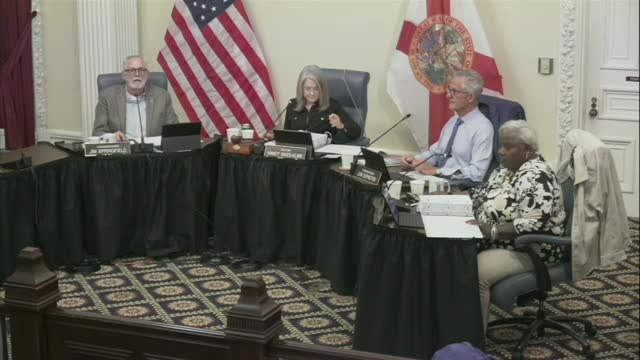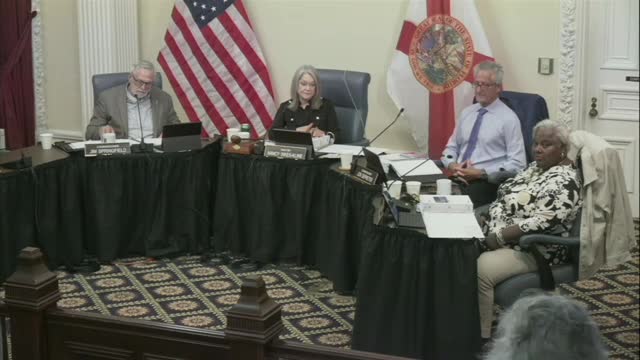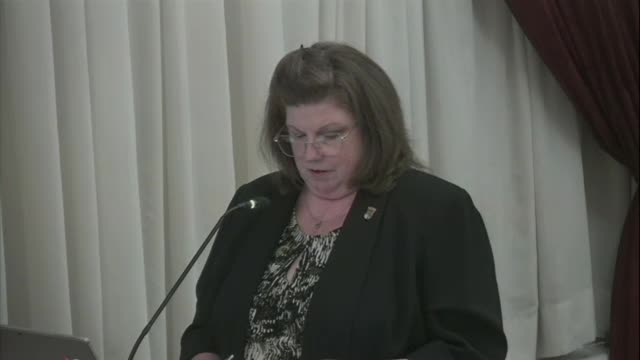Article not found
This article is no longer available. But don't worry—we've gathered other articles that discuss the same topic.

Resident urges St. Augustine to seek PILOTs from local college, raises property tax-exemption concerns

CARE urges St. Augustine to fund drop-in center phases and a 'dignity bus' in next budget

